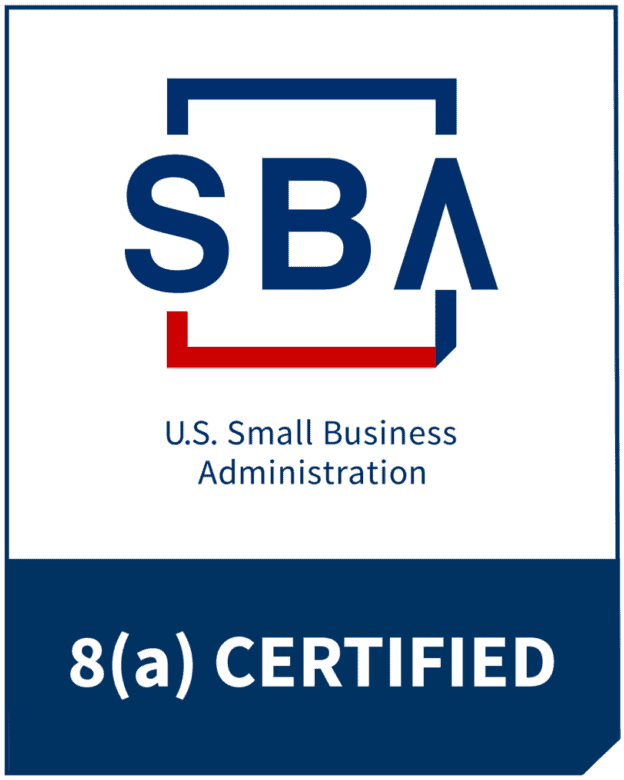How to Spot Online Dating Scams In The San Francisco Bay Area
What can you do to spot online dating scams in order to protect yourself?
-
Table of Contents
How to Identify Red Flags in Online Dating Profiles
One must be aware of potential red flags in a person’s profile regarding online dating. These red flags indicate that the person may not be who they say they are or may not be a good match for you. Here are some tips for identifying red flags in online dating profiles:
1. Look for inconsistencies. If a person’s profile contains information that does not match the other details they have provided, this could be a red flag. For example, if they say they are from one city, but their profile picture is from another, this could be a sign that they are not being truthful.
2. Pay attention to their photos. If a person’s profile contains only one or two photos, or if the photos appear to be stock images, this could be a sign that they are not being honest about their identity.
3. Watch out for generic language. If a person’s profile contains generic language that could apply to anyone, this could be a sign that they are not being genuine.
What is a sim swapping attack and how can you avoid it?
How to improve your smart home security in the San Francisco Bay Area
4. Be wary of overly flattering language. If a person’s profile contains overly flattering language about themselves, this could be a sign that they are trying to hide something.
5. Look for signs of dishonesty. If a person’s profile contains information that seems too good to be true, this could be a sign that they are not being honest.
By being aware of these red flags, you can help protect yourself from potential scams or bad matches regarding online dating.
How to Protect Yourself from Online Dating Scams In The San Francisco Bay Area
Online dating can be a great way to meet new people, but it is essential to be aware of its potential risks. Here are some tips to help you protect yourself from online dating scams:
1. Do your research. Before you start communicating with someone online, take the time to research them. Look for any red flags that may indicate they are not who they say they are.
2. Be wary of requests for money. If someone you are communicating with online asks for money, this is a major red flag. Never send money to someone you have never met in person.
3. Don’t share personal information. Be careful not to share too much personal information with someone you have just met online. This includes your address, phone number, and financial information.
4. Don’t send intimate photos. Never send intimate photos of yourself to someone you have just met online. These photos can be used to blackmail you or used in other malicious ways.
5. Trust your instincts. Trust your instincts and end the conversation if something doesn’t feel right.
Following these tips can help protect yourself from online dating scams. Remember always to be cautious when communicating with someone online and never send money to someone you have never met in person.
How to protect yourself from theft in the San Francisco Bay Area
How to secure your social media accounts in the San Francisco Bay Area
What to Do if You Suspect You’re Being Scammed in an Online Dating Situation
If you suspect you are being scammed in an online dating situation, it is important to take immediate action. Here are some steps you can take to protect yourself:
1. Stop all communication with the person. Do not respond to any messages or requests for money.
2. Report the scammer to your dating site or app. Many sites have a reporting feature that allows you to flag suspicious activity.
3. Contact your local law enforcement agency about online dating scams. They may be able to provide assistance or advice on how to proceed.
4. Contact the Federal Trade Commission (FTC). The FTC is the government agency responsible for consumer protection. They can advise how to protect yourself from online dating scams and what to do if you have been scammed.
5. Contact your bank or credit card company. If you have sent money to the scammer, immediately contact your bank or credit card company to report the fraud and dispute any charges.
6. Change your passwords. Make sure to change the passwords on all your online accounts, including your email and social media accounts.
7. Monitor your credit report. Please request a free copy of your credit report from the three major credit bureaus and review it for any suspicious activity.
By taking these steps, you can help protect yourself from online dating scams and ensure you don’t become a victim.






